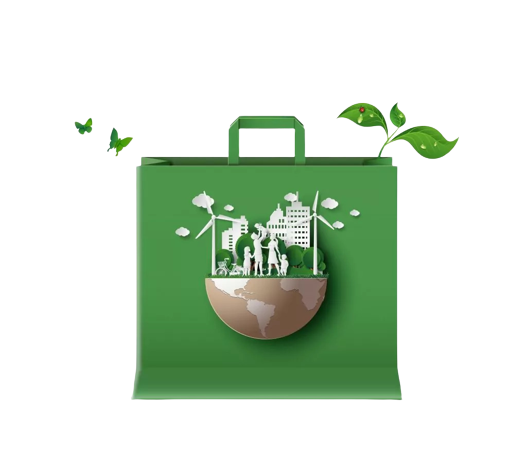Introduction
In today’s world, sustainability is no longer an option but a necessity. With increasing environmental concerns and government regulations, food businesses must adopt eco-friendly packaging solutions. One such solution is biodegradable packaging for food businesses—a sustainable way to reduce plastic waste while maintaining product safety. This blog explores the numerous benefits of biodegradable food packaging and why businesses should make the switch.
slotgacor4d slotgacor4d slotgacor4d slotgacor4d slot gacor 4d amintoto slotgacor4d slotgacor4d amintoto totoagung2 amintoto totokita3 totoagung2 cantiktoto sakuratoto3 slot gacor amintoto slot thailand slotgacor4d situs pay4dWhat Is Biodegradable Packaging?
Biodegradable packaging is made from natural materials that decompose naturally over time, reducing environmental impact. Unlike traditional plastic packaging, which takes hundreds of years to break down, biodegradable food packaging disintegrates into harmless organic matter within a few months or years, depending on the material.
Common Biodegradable Packaging Materials:
- Cornstarch-based packaging – A widely used alternative for food containers and cutlery.
- Paper and cardboard – Easily recyclable and compostable packaging options.
- Bagasse (sugarcane fiber) – Durable and compostable, perfect for takeaway food containers.
- PLA (Polylactic Acid) – Made from plant-based resources like cornstarch or sugarcane, often used in biodegradable plastic cups and straws.
- Biodegradable plastic bags – A sustainable replacement for traditional plastic bags, offering the same convenience with a reduced environmental impact.
- Biodegradable bags – Ideal for grocery stores, restaurants, and businesses looking for an eco-friendly alternative to plastic bags.
Key Benefits of Biodegradable Packaging for Food Businesses
1. Eco-Friendly and Sustainable
Traditional plastic packaging contributes significantly to pollution. Biodegradable packaging solutions reduce the carbon footprint of businesses, helping to combat global plastic waste.
2. Attracts Eco-Conscious Customers
Consumers are becoming more environmentally aware and prefer brands that prioritize sustainable food packaging. By switching to biodegradable packaging for restaurants, food businesses can attract and retain customers who value eco-friendly choices.
3. Complies with Environmental Regulations
Many countries are implementing strict plastic ban regulations. Adopting biodegradable food packaging ensures that businesses comply with government guidelines and avoid potential fines or restrictions.
4. Reduces Landfill Waste
Since biodegradable bags and packaging decompose naturally, they significantly reduce the amount of waste accumulating in landfills and oceans, leading to a cleaner environment.
5. Enhances Brand Image
Businesses that prioritize sustainable packaging establish a positive brand reputation, setting themselves apart from competitors. Eco-friendly practices can also be highlighted in marketing campaigns to appeal to a broader audience.
6. Cost-Effective in the Long Run
While biodegradable packaging might have a slightly higher initial cost, it offers long-term benefits such as brand loyalty, increased sales, and potential tax incentives for sustainable business practices.
How to Transition to Biodegradable Packaging
Switching to biodegradable food packaging doesn’t have to be overwhelming. Here are some simple steps to make the transition smooth:
- Assess Your Current Packaging Needs – Identify the types of food packaging materials you currently use and find biodegradable alternatives.
- Choose Certified Suppliers – Work with trusted suppliers that provide high-quality biodegradable packaging.
- Educate Your Customers – Inform customers about your switch to sustainable packaging solutions and encourage responsible disposal practices.
- Monitor Costs and Efficiency – Keep track of cost changes and customer feedback to optimize your packaging strategy.
Conclusion
The shift to biodegradable packaging is not just an environmental necessity but also a smart business decision. It helps food businesses stay ahead of regulations, appeal to eco-conscious customers, and contribute to a cleaner planet. By making small changes today, businesses can build a sustainable future while reaping long-term benefits.


